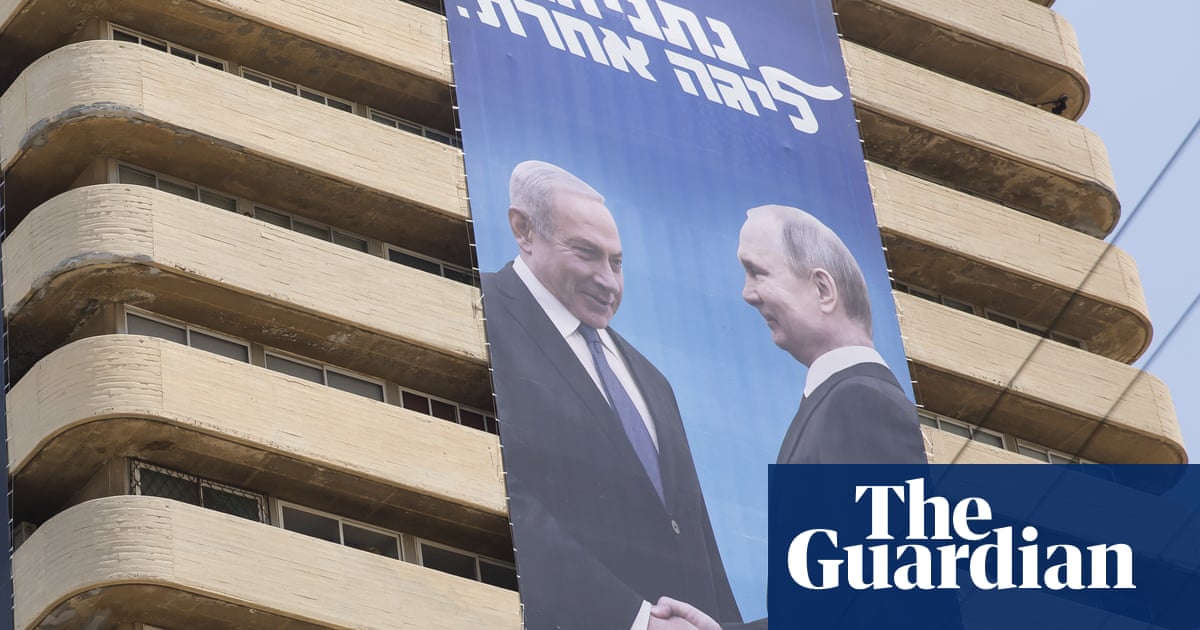
Since OPEC forged an alliance with Russia in late 2016, cordial relations between Saudi Arabia and Russia have been one of its defining features, in particular the relationship between energy ministers Khalid Al-Falih and Aleksander Novak.
The two men started an exceptional period of cooperation that re-shaped the global oil market and formed the beginnings of a new geopolitical partnership that has extended to cooperation over Syria and mutual investments.
OPEC members and the Russians gathered in Baku, Azerbaijan, last week to reinforce their efforts to keep the global market balanced as the world economy slows down. There was no breakthrough by the end of the meeting but, as officials say, “There are a lot of uncertainties right now.”
Russia and Saudi Arabia share common concerns over stability of the oil market and have taken steps regarding the matter. In May 2018, Saudi Arabia and Russia, the biggest of the oil producers, opened discussions over easing curbs and raised concerns about potential supply shortages. As both Russia, the main non-OPEC producer, and the Kingdom, the de-facto leader of OPEC, seek a win-win solution for oil prices, there are some disagreements which as yet have not overshadowed the recent increase in Saudi-Russian mutual investments.
For instance, Russia’s biggest independent gas producer, Novatek, is considering selling up to 30 percent of its Arctic LNG (liquefied natural gas) 2 project to Saudi national oil giant Aramco. This development happened after Russian Foreign Minister Sergei Lavrov’s Gulf tour early this month. Lavrov completed visits to Saudi Arabia, Kuwait, Qatar and the UAE, indicating Russia’s desire to present itself as a pragmatic and reliable partner to GCC countries. Among these countries, Russia’s relationship with Saudi Arabia is noteworthy, particularly in the case of the Syrian civil war, which has huge implications for relations.
Saudi Arabia and Russia seek different outcomes to the Syrian conflict and have adopted different approaches from the start. However, despite these opposing visions for Syria, both countries have managed to find common ground on certain issues, and have an interest in building closer ties as the war continues.
Saudi Arabia and Russia seek different outcomes to the Syrian conflict and have adopted different approaches from the start.
Sinem Cengiz
One of the main areas of agreement is the importance of the territorial integrity of Syria. The partition of Syria would be of no benefit to Saudi Arabia or Russia, and both countries could face significant losses in such a scenario.
Another subject upon which both sides agree is the fight against extremism. Russia is concerned that the extremists who have found fertile ground in Syria might harm its interests. Also, Moscow seems to have a valid reason for fighting the Islamist terrorist threat, as its own citizens fighting in Syria might return to Russia with extremist ideology.
In the same vein, Saudi Arabia is part of the international coalition fighting Daesh in Syria. Riyadh is also concerned about the threat the group poses reaching Saudi Arabia. Therefore, rather than face the prospect of fighting them on its own soil, the Kingdom prefers to eliminate the threat in Syria.
The other point that both sides have come to agree on over time is the Syrian opposition. Both countries have engaged with efforts to build a unified opposition, and Moscow supports Riyadh’s efforts to form a unified delegation from the Syrian opposition to participate in the Geneva talks and help draft a new constitution.
Points of disagreement still exist. First and foremost is the fate of Syrian President Bashar Assad and his regime. Moscow and Riyadh seem to “agree to disagree” on this matter as they continue their efforts to find a political solution.
The Iranian-Russian partnership in the Middle East, particularly as it relates to Syria, is both an advantage and a disadvantage to Russian-Saudi ties. Moscow has pursued a rational policy by working with Saudi Arabia despite its relationship with Iran. However, any move that might harm Iran’s national interests in the region is likely to have serious consequences for Russian-Iranian relations. On the other hand, Russia has the capability to influence Iran’s behavior in the region more than American sanctions.
Another topic on which Riyadh and Moscow have different views is the declining US influence in the Middle East, which is likely to create a vacuum that several powers seek to fill. The failure of American unipolarity in the region is a plus for Moscow, but for Riyadh it is a concern as the Saudi-American partnership is a defining pillar of Middle Eastern geopolitics. Saudi Arabia also supported US military operations in Syria that often clashed with Russian policy.
Thus, the Syrian conflict has brought both challenges and opportunities for Moscow and Riyadh.
Sinem Cengiz is a Turkish political analyst who specializes in Turkey’s relations with the Middle East.
Twitter: @SinemCngz
Disclaimer: Views expressed by writers in this section are their own and do not necessarily reflect Arab News" point-of-view











